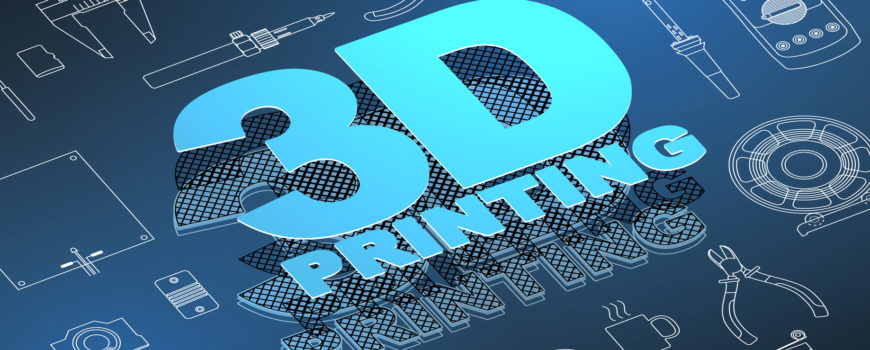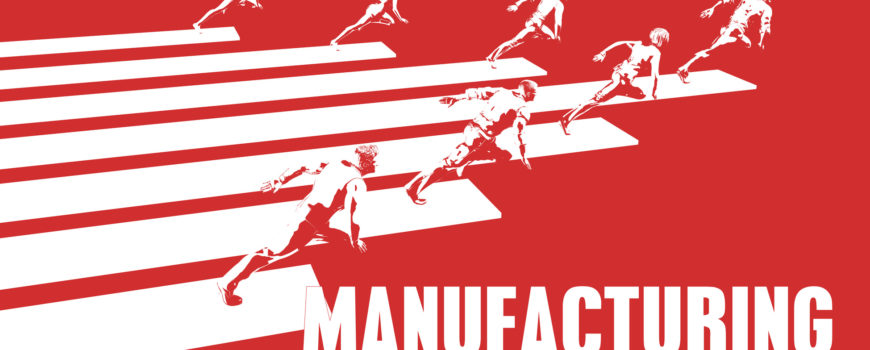While developments in 3D printing (also called additive manufacturing) become increasingly sophisticated, debate continues as to whether the technology will truly be viable for manufacturing– and when and at what cost. Skeptics point to 3D printer limitations– primarily its price tag and concerns about the quality of assembled items, since the technology has been used mostly for small parts and prototypes. It may not be a practical option for most businesses at present. But with improvements constantly in the works, it’s likely just a matter of time before this versatile capability transforms the manufacturing industry.
Endless Possibilities
The technology is already showing promise in construction and spare parts production. China and Dubai boast printed concrete houses and an office, respectively. This rapidly-evolving innovation has the capacity to build parts more efficiently than current methods do, as businesses would be able to either print items on-site or contract with a nearby third-party to do it, saving time and shipping costs.
Industry leaders anticipate that 3D printer sales will grow considerably over the next five years, revolutionizing every industry impacted by it, creating a host of benefits and possibilities.
Added Value
While the cost of a 3D printer currently totals $1 million or more, rapid growth in the industry is expected to lower the cost, making it a viable option for increasing numbers of businesses.
Lower costs and faster production times could eventually make a 3D printer more cost-effective than traditional manufacturing methods. Even when companies have to spend more up-front to utilize the technology, that investment will quickly pay for itself, especially as manufacturers can shift production from a made-to-stock basis to a made-on-demand basis.
Additionally, 3D printing reduces the cost of raw materials. For example, traditional production of parts made of various metals requires that these materials be melted down. After a part is created, scrap materials must be reclaimed, often at considerable cost. Additive manufacturing is precise enough to use minimum amounts of raw material, leading to lowered costs and less waste.
Because it requires minimal set-up time, 3D printing expedites production. As the technology becomes more widely available, it may replace the traditional assembly line. With 3D printing, parts can be produced without halting operations between phases of production for reprogramming devices or swapping out tools and materials. Manufacturers will be able to fill orders more quickly. Furthermore, they’ll have the choice of either lowering prices to challenge their competitors, or charging the same amount while reaping a larger profit.
As the 3D printing industry grows, new competitors are expected to arrive on the scene, introducing more creative applications for the technology. Additive manufacturing is currently out-of-reach for most businesses, and its widespread uses are still highly theoretical. At one time, the same could be said for computers, yet today they’re commonplace and have proven indispensable in every sector of business and society. Additive manufacturing is likely to follow a similar course, but at a much faster pace.
Call Tag Team Manufacturing today. 303-841-5697








